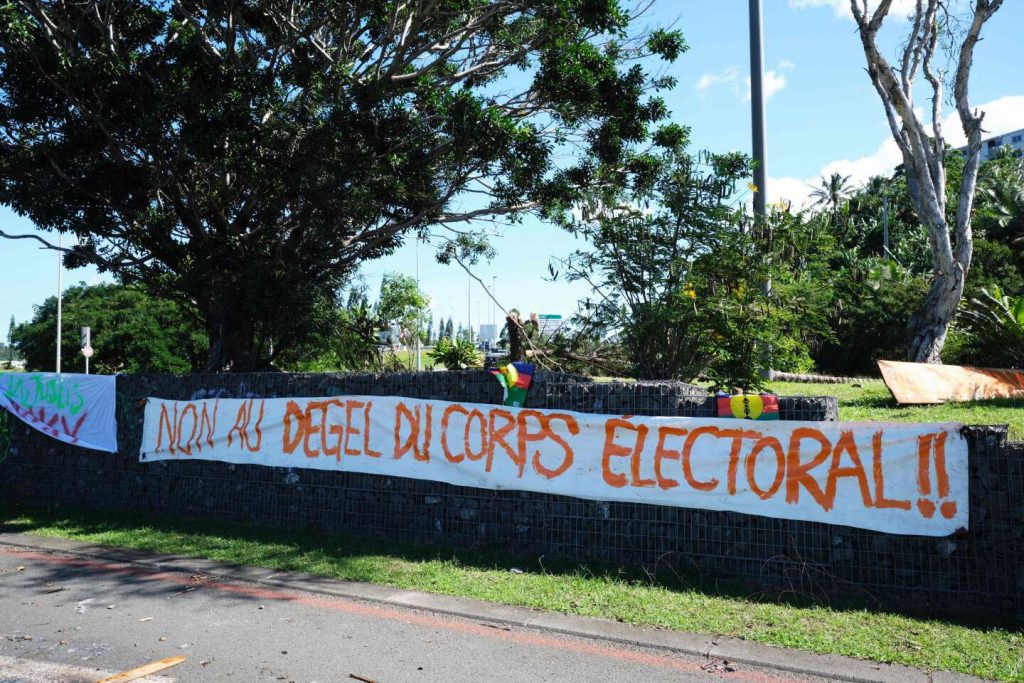I am a child of the country for four generations on my father’s side, and for several centuries on my mother’s side, whose grandmother was a Kanak from Hienghène. Like many New Caledonians who come from this mix of ancestry and the painful history of colonization, my family lived for many years with the shame of their penal origins. This “dirty water tap,” as it was called by the French administration at the time. In a culture of silence, my ancestors never told me the true story, perhaps to forget the reasons that brought them here and to establish their legitimacy through work and forgetting. For a long time, we were kept in the dark about being part of this “dirty water tap,” whose participants did not stay in New Caledonia out of love but out of obligation, as they were forbidden from returning to their French families.
This hidden history is largely the reason why, until the events of this May, I had not fully grasped the extent of the suffering of the Kanak people, to whom I solemnly ask for forgiveness for my ignorance. I am not ashamed of my ancestors, I do not blame them, they likely had their reasons, but they did not help me understand this country and its people. What do New Caledonians not understand about the independence claim? The “gunboat policy,” implemented after the takeover on September 24, 1853, led to the devastation of villages, the destruction of houses and fields, the massacre of populations, and their confinement in lands unfairly called “reservations,” from which they could only leave to perform mandatory days of work for a meager salary to pay the head tax. Yes, they were taking back what they had earned through their labor.
In 1863, France decided to turn New Caledonia into a penal colony. Around 30,000 convicts were brought there. Over 85% of them would not be allowed to return home to France. They would be released on the spot. Alongside this penal core, there were free settlers (around a thousand in 1866, a little less than 10,000 thirty years later). This was the first step in settler colonization. It was the first obstacle to the noble republican principles that the French State and its supporters continue to hide behind today to conceal the original truth. The French government needs to acknowledge the suffering inflicted on the Kanak people through colonization and take responsibility for the injustices done to them in order to facilitate true reconciliation and understanding.


